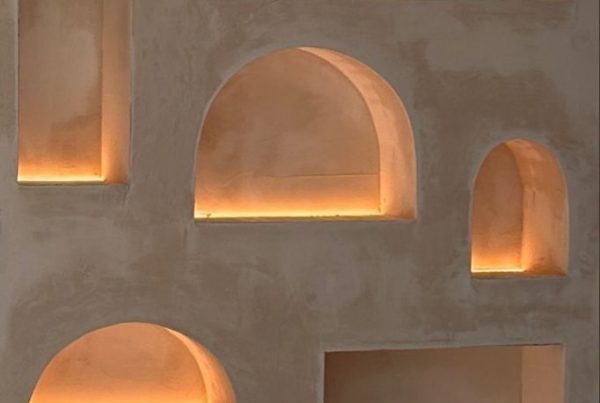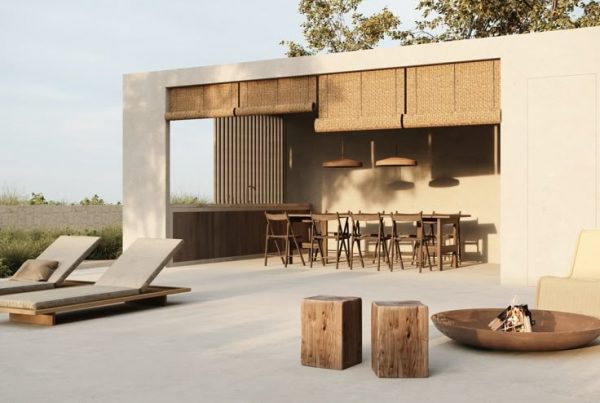How Do I Know If I Can Build a House on My Rustic Plot in Mallorca?
Owning a plot of rustic land in Mallorca can be a dream for many, but before starting any building project, it is essential to confirm whether construction is legally possible. In the Balearic Islands, rural land (“suelo rústico”) is subject to strict regulations designed to protect the environment and preserve agricultural and natural areas.
At Frau Legal, our real estate lawyers in Mallorca specialise in advising clients on the legal feasibility of building on rustic land. Below, we explain the key points to consider before buying or building.
1. What is considered rustic land?
In Mallorca, land is classified as either urban, developable, or rustic.
Rustic land refers to non-developable areas reserved for agricultural, forestry, or environmental use. The classification and specific restrictions are determined by the Consell Insular de Mallorca through the Plan Territorial de Mallorca (PTM) and municipal urban planning documents (PGOU).
📘 Reference: Plan Territorial de Mallorca (Consell de Mallorca)
2. Minimum requirements for building on rustic land
The possibility of building depends on several conditions established in the Balearic Land Law (Ley del Suelo de las Illes Balears) and local regulations. Generally, construction is only permitted when all of the following are met:
- The plot meets the minimum area requirement, usually 14,000–50,000 m², depending on the specific zoning (common rustic, protected rustic, forestry, etc.).
- The land is not protected for environmental or landscape reasons.
- There are existing access roads and basic services (such as water supply or electricity connection).
- The planned building complies with the volume, height, and aesthetic restrictions defined by local planning.
- The owner obtains a building license (licencia urbanística) from the Town Hall after receiving a positive report from the Consell Insular.
Without this authorisation, construction is strictly prohibited.
3. Protected rustic land (SRP)
Some plots are classified as “Suelo Rústico Protegido”, meaning they are protected due to environmental, landscape, or agricultural value.
In these areas, new residential buildings are not permitted, and only limited works may be allowed — such as restoring existing buildings, agricultural facilities, or small reforms with prior authorisation.
Attempting to build without a license on protected rustic land can lead to severe consequences: demolition orders, heavy fines, and even criminal liability under Article 319 of the Spanish Criminal Code.
4. Procedure to confirm if you can build
Before buying or planning any project, we recommend the following steps:
- Request a Planning Certificate from your local Town Hall.
This document confirms the urban classification and permitted uses of the land. - Request an Urban Planning Report from the Consell Insular de Mallorca, specifying whether construction is allowed and under what conditions.
- Hire an architect to verify boundaries, surface, and access requirements.
- Consult a specialised real estate lawyer to interpret the legal framework and assist with licenses or purchase negotiations.
At Frau Legal, we coordinate the entire process — from legal verification to obtaining the final building license — ensuring full compliance with Balearic planning law.
5. Penalties for illegal constructions
Building without authorisation on rustic land constitutes a serious planning infringement. The Consell Insular can impose fines and order demolition of the unauthorised works.
In some cases, if the construction is non-permissible, criminal proceedings may also be initiated.
Learn more in our related article:
👉 Legal Consequences of Non-Permissible Constructions and Works on Agricultural Land in the Balearic Islands
6. Legal advice from Frau Legal
If you are considering buying rustic land or building in Mallorca, we strongly recommend consulting a lawyer specialised in real estate and planning law. Our team will analyse the planning situation of your plot, request the necessary certificates, and guide you safely through each step of the process.
📍 Learn more about our Real Estate Law services or contact us for personalised advice.






